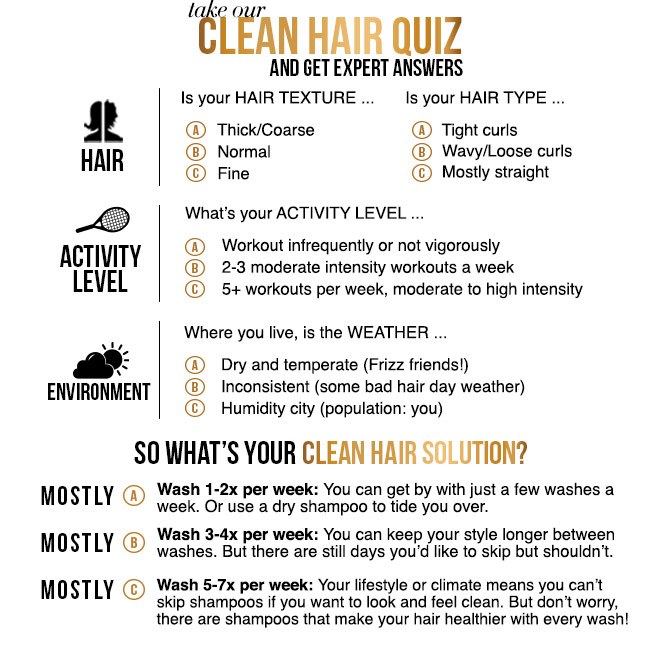- So, what causes oily hair?
- How to treat oily and greasy hair?
- How often to wash your hair?
- Lifestyle and diet changes to fix oily hair
- What to look in an oily scalp shampoo?
There’s already enough on your plate without having to deal with hair that looks like you woke up in a deep fryer. People with oily hair have to carve out some time from their busy schedules to wash their hair every day. But are you getting to the root of your problem (literally)? Greasy hair—these two words are enough to activate your hair-scare mode and dry shampoo does not offer a permanent solution. Oily, greasy hair makes your hair look neglected, but this is the result of poorly managed hair care regimen combined with your genetic predisposition to having oily hair.
Don’t fret! Hair help is on its way. We’ll tell you how to ‘detox’ your hair of the bad oils and keep the good ones that nourish your hair. Before we take a look to fix oily hair, let’s take a look at what causes oily hair and some good shampoos for oily hair.
So, what causes oily hair?
One of the major causes of oily hair is the build-up of excess sebum—a naturally occurring oil that is produced by the sebaceous glands. When produced in normal amounts, sebum is quite beneficial for your hair; it keeps your hair smooth and prevents your tresses from drying out and breaking. However, when these sebaceous glands go into overdrive, they produce excess sebum that can make your tresses appear slick and greasy. Nobody wants that.
Other causes of greasy hair include hormonal imbalance and faulty everyday beauty routine. So, it all boils down to how many times you wash your hair, which hair products you use, and how often you style your hair. In addition to these factors, oily hair is also caused by:
• Medications
• Unhealthy eating habits
• Hereditary problems
Moreover, changing seasons and constant stress too has an effect on greasy hair.


